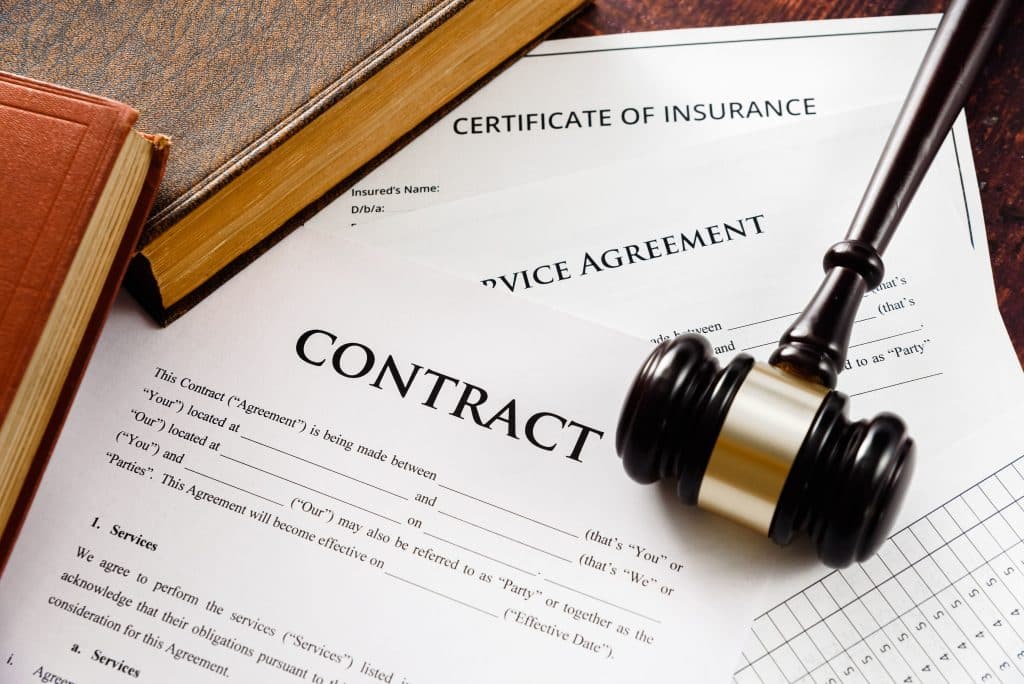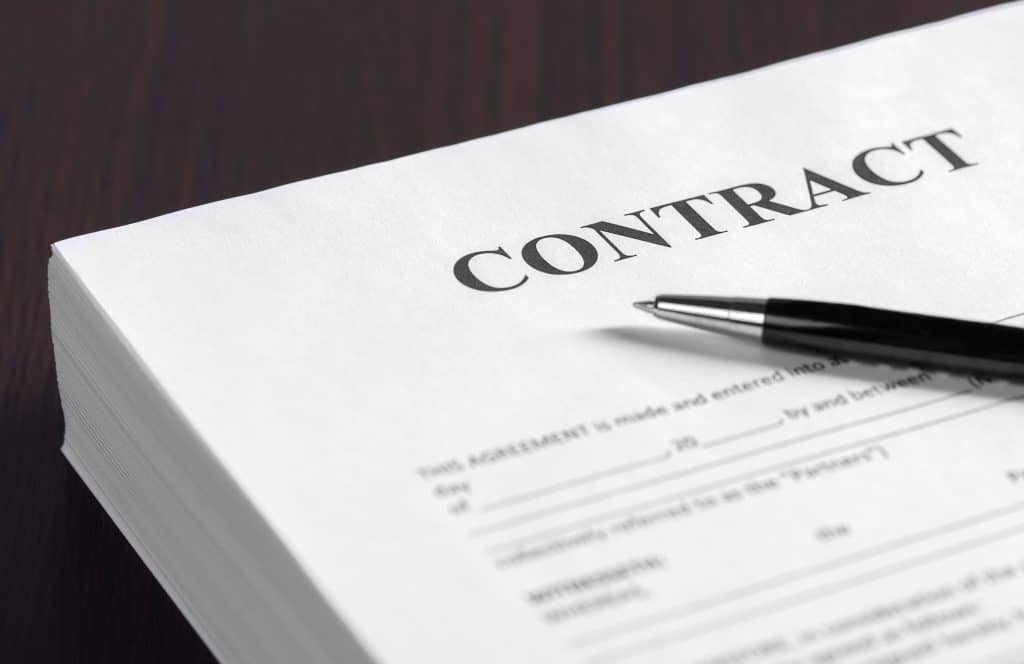
Employment Law for Employers
An employment tribunal deals with disputes brought against employers by employees in relation to their employment or its termination.
Employment Tribunals should only be used as a last resort after all other routes of mediation have been exhausted. It is often beneficial to resolve issues with your employees before a claim progresses to an employment tribunal. However, sometimes the parties are unable to reach a compromise and the claim is brought before a tribunal.
Employment tribunal rules and regulations can be complex and the difference between winning and losing can often be dependent on the tactics employed by each party from the beginning.
Although employers can represent themselves at tribunals, our specialist employment tribunal solicitors will significantly increase your chances of successfully defending a claim made against you and your business. At Freeman Jones our specialist employment team will offer you professional, tailored advice at every stage of the legal process and will discuss the various options available to you to determine the best avenue for you to take.
Our specialist employment law team will be happy to offer expert advice on any employment tribunal dispute you may have.
To increase your chances of successfully defending an employment law grievance give Freeman Jones a call today.
ACT NOW: Employment Law Employers
Claims brought against an employer can often result in an expensive and time-consuming process.
Therefore, it is imperative for an employer to seek professional advice on employment rights to prevent any negative impact on their business as soon as possible.
Freeman Jones employment law experts pride themselves on providing the highest quality of service on a national scale. With many years of experience our specialist solicitors will effectively and efficiently provide assistance in what is a complex and ever changing area of law.
Our employment solicitors offer practical and professional expertise in all employment law related matters, including:
- Contracts of Employment
- Policies and Procedures
- Compromise Agreements
- Employment Tribunals
Our solicitors understand that everyone’s circumstances are different. Therefore, our specialist
solicitors aim to provide tailor advice to suit your own individual needs. From the start we will
For professional and quality advice in any area of employment law, our specialist solicitors will be
more than happy to assist you.
Contact our employment law employers specialists at Freeman Jones Chester Solicitors today for expert legal help.
Related Employment law articles



Our Employment Law Services
We've got more services and guidance available on employment law. Or if you would rather pick up the phone and speak to a member of our Chester team, call Freeman Jones Solicitors directly at 01244 506 444
Our solicitors can draft comprehensive contracts of employment for your staff – ensuring all legal requirements are met while including bespoke clauses adapted to suit your business needs.
Our solicitors can help draft a wide range of employment policies for the workplace – ranging from performance, sickness, maternity, and paternity rights to policies on misconduct, equality, and diversity.
Employment Law for Employers FAQs
-
We provide comprehensive support including drafting employment contracts and workplace policies, negotiating and preparing settlement agreements, and full defence representation at employment tribunals.
-
Employers should view tribunals as a last resort, only after attempts like mediation or settlement fail. Our employment law solicitors assist at every stage to improve your chances of success.
-
We ensure your contracts meet legal requirements and include custom clauses like bonus schemes, flexible working, mobility, restrictive covenants, share options, and training bonds.
-
Clear policies help ensure compliance, set expectations, and protect your business legally.
-
Settlement agreements are legally binding agreements between the employer and the employee to end employment on agreed terms, typically including compensation in exchange for waiving legal claims. It’s useful to avoid tribunals or disciplinary issues.
-
There’s no legal requirement, but it’s common practice, and often expected, for the employer to pay or contribute to the employee’s legal costs for independent advice.
-
You should allow at least 10 calendar days to review the agreement and seek independent legal advice, based on ACAS best practice. Complex cases may require more time.
-
Yes, either party can withdraw the offer at any time before both have signed. Until signatures are exchanged, the agreement is not legally binding.
-
Yes, these are legally valid and enforceable in the UK and can protect against the disclosure of confidential information. However, “protected disclosures” such as whistleblowing remain legally allowed.
-
Yes, every settlement agreement should be tailored, covering financial payments, references, confidentiality, restrictive covenants, and other terms, making independent legal advice crucial.
-
Templates can overlook legal nuances or fail to protect your business adequately. We recommend having a solicitor draft or review contracts to ensure legal compliance and business-specific protection.
-
A proper disciplinary policy should outline expected standards, investigation steps, possible sanctions, appeal processes, and timelines. We help ensure your policy is fair, clear, and legally sound.
-
At least once a year, or whenever there are major changes in employment law or your business structure. This helps reduce legal risk and keeps documents up to date.
-
Yes, restrictive covenants (like non-compete and non-solicitation clauses) are enforceable if reasonable in scope, time, and geography. We ensure these clauses are tailored to hold up in court if challenged.
-
Yes, but you must still follow fair procedures. Dismissals can still lead to legal claims (e.g., discrimination or whistleblowing), even during probation. We ensure your process follows best practices.
-
Yes. By law, you must give employees a written statement of terms on or before their first day. We can draft these documents to ensure they are complete and compliant.
-
You must follow a fair grievance procedure, which includes investigating complaints and offering a right of appeal. Poor handling may lead to constructive dismissal claims. We can help you set up or manage this process.

Book Your Free, No-Obligation 20-Minute Consultation Today!
"*" indicates required fields
